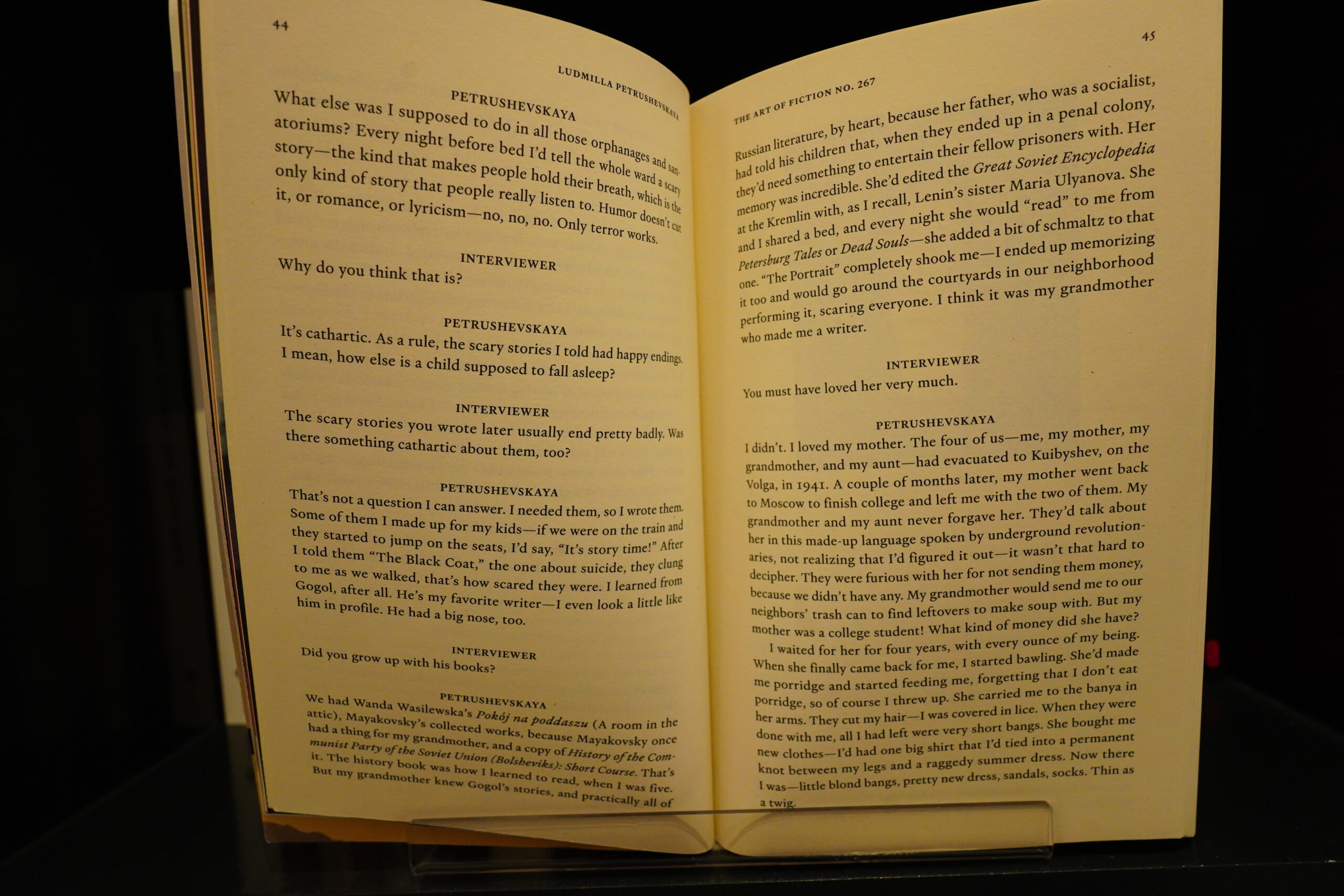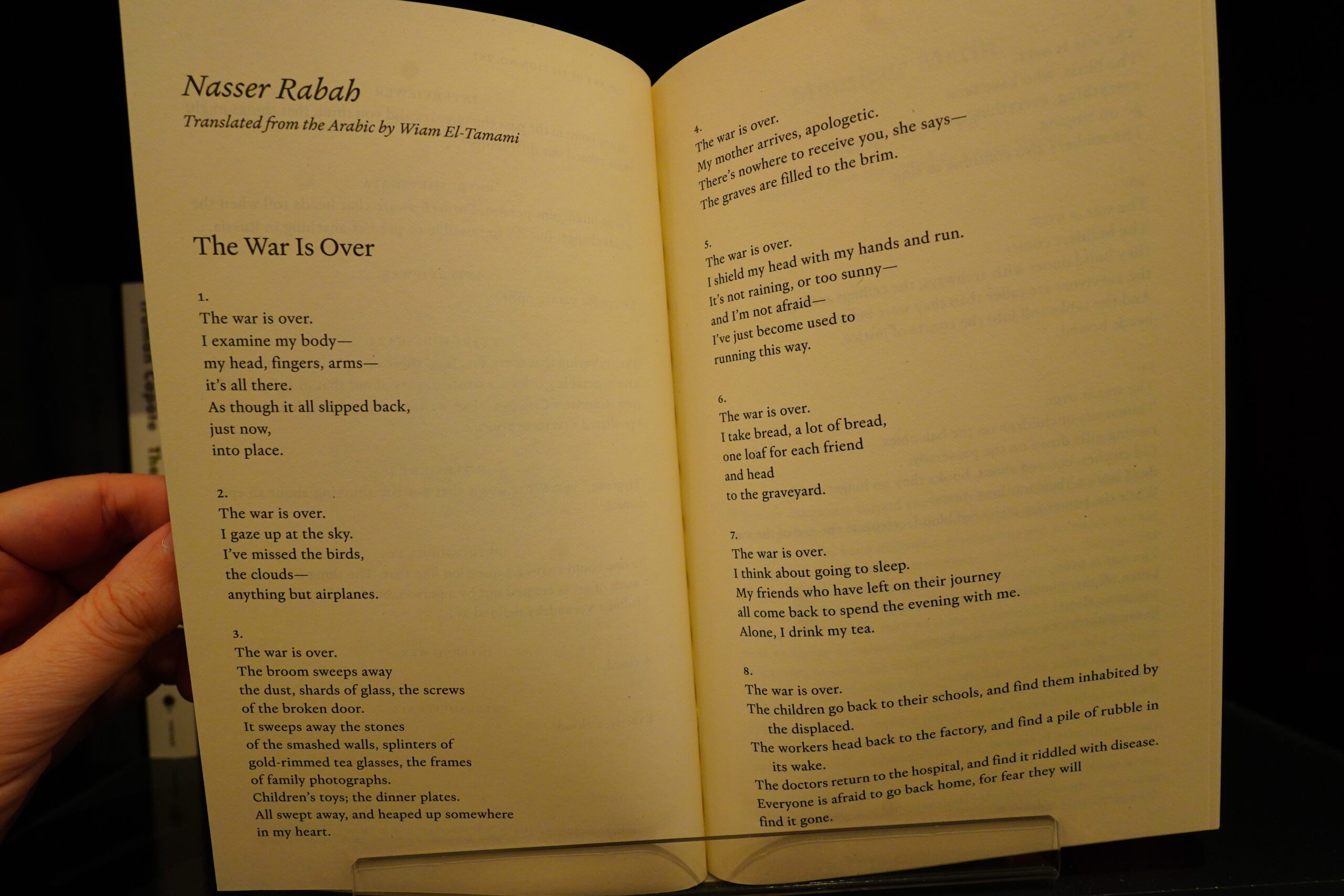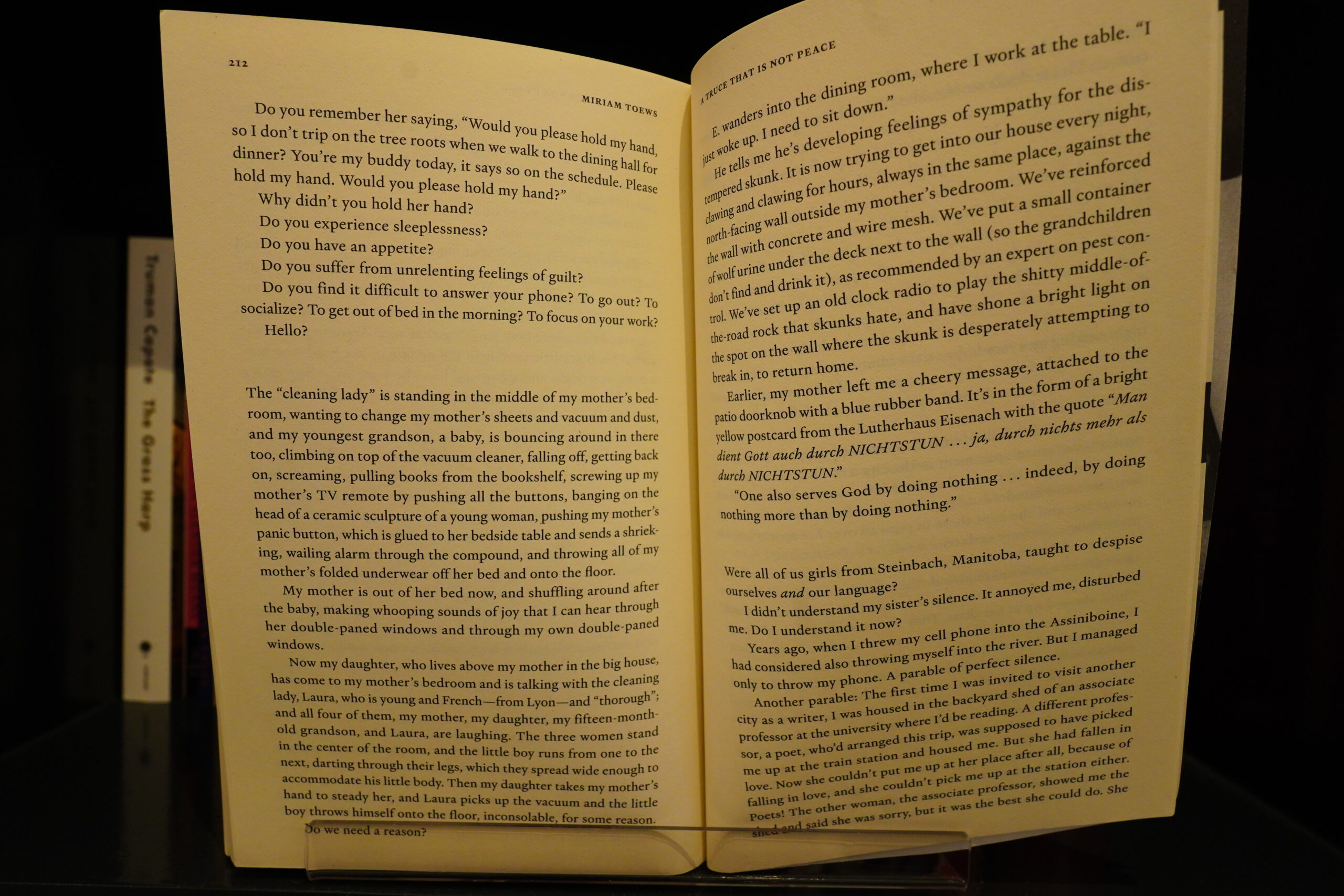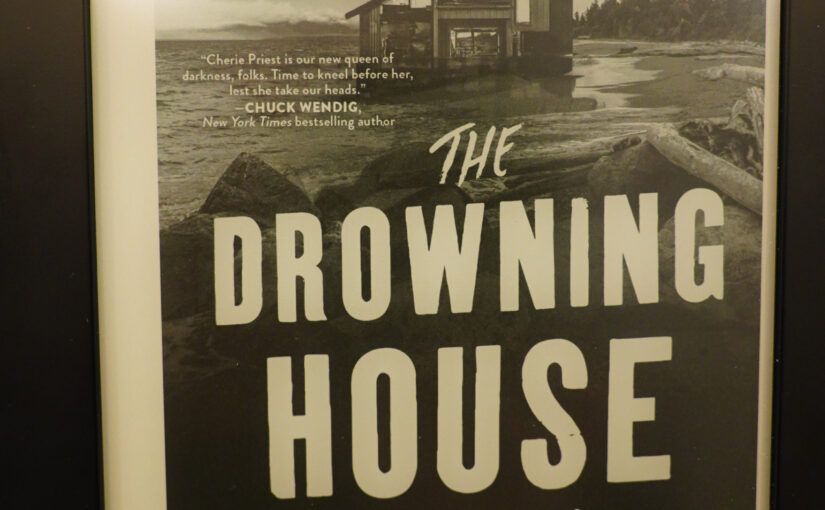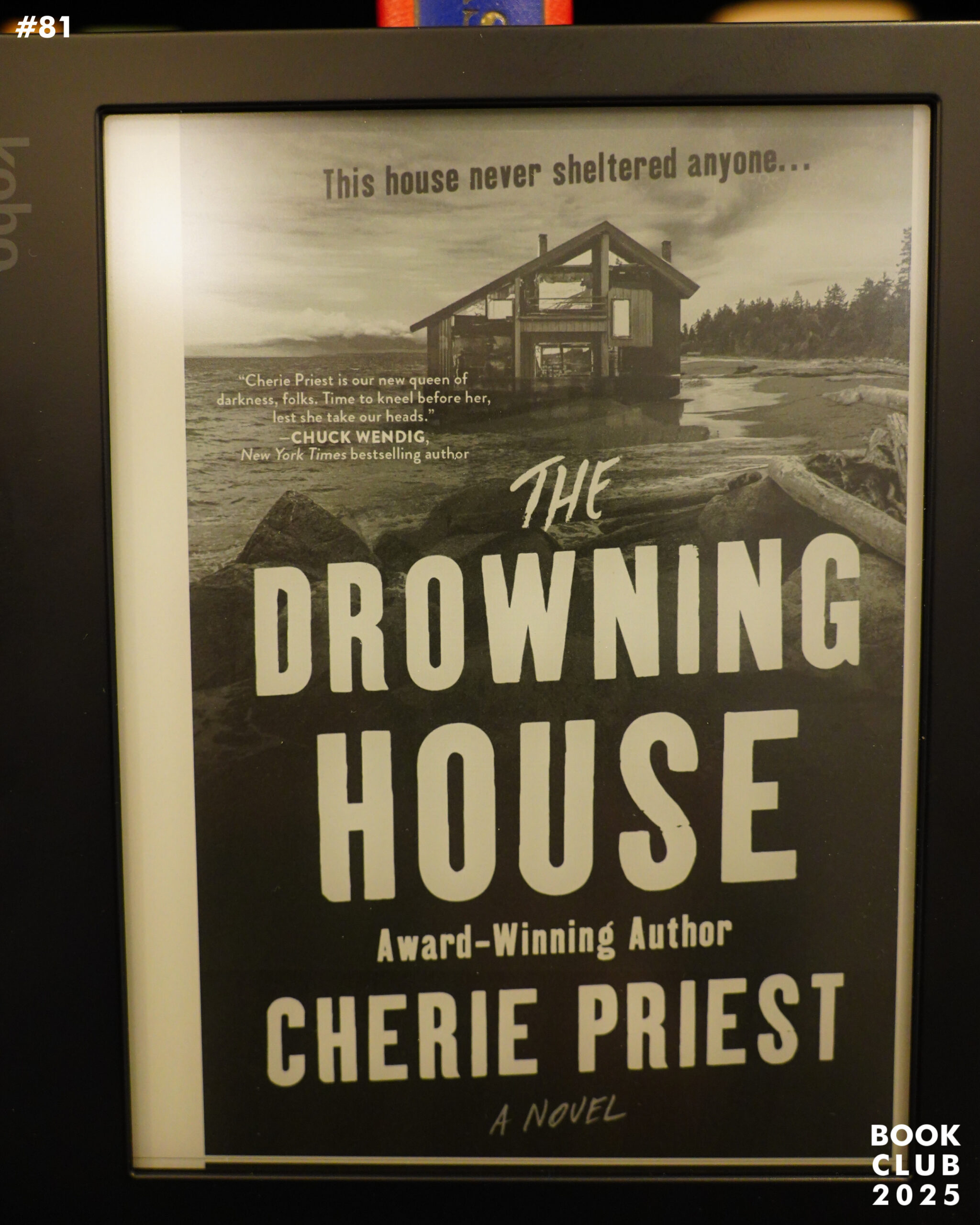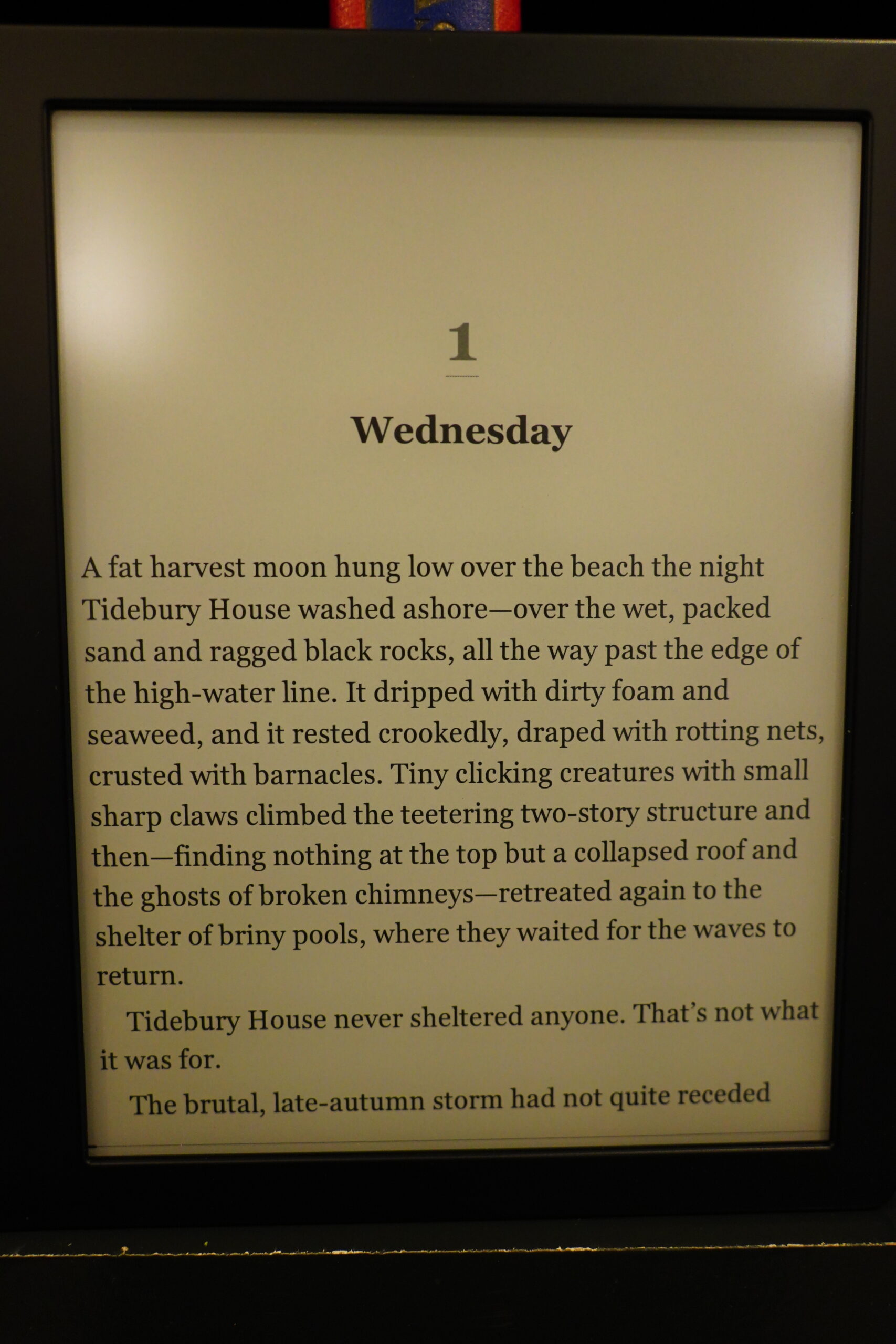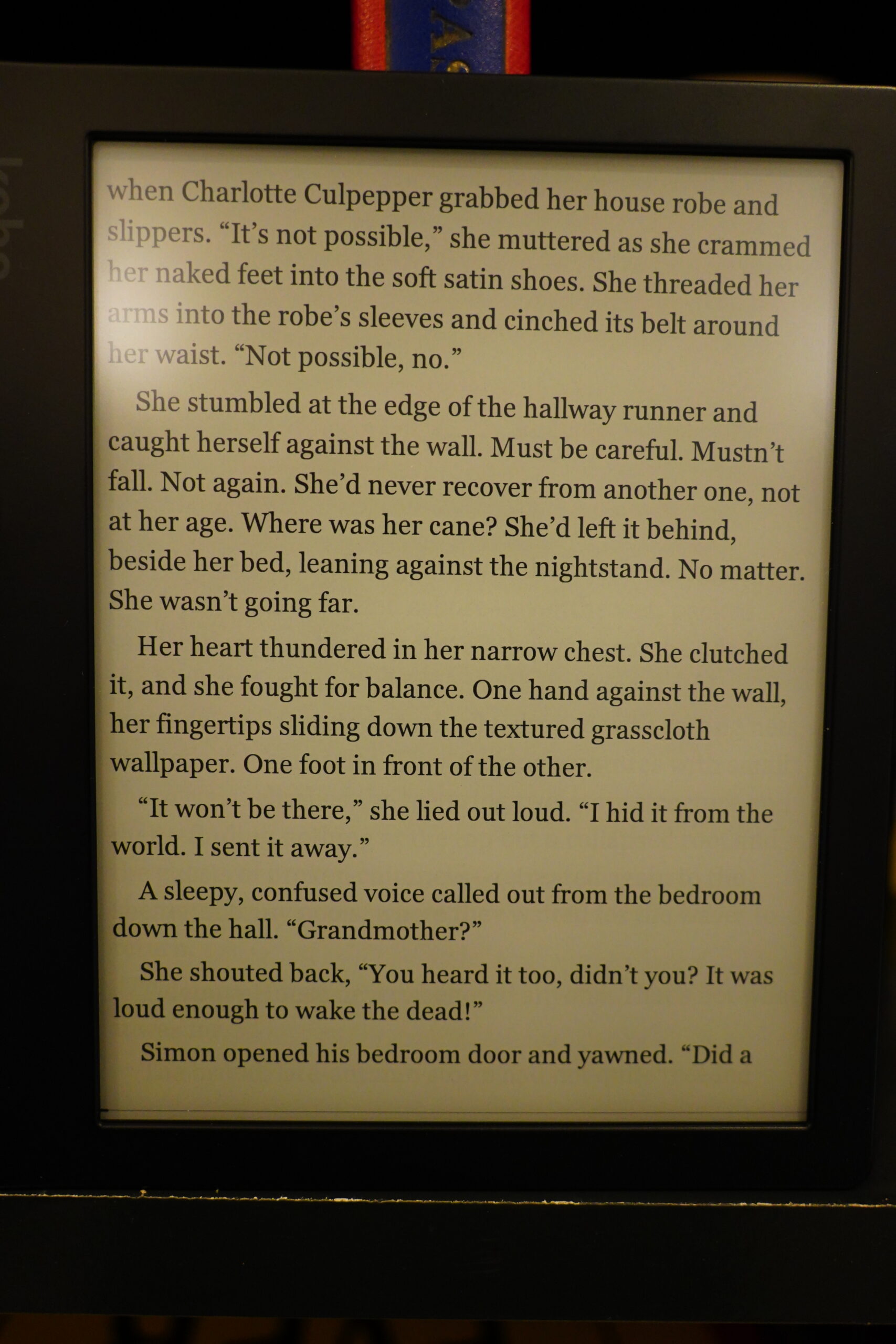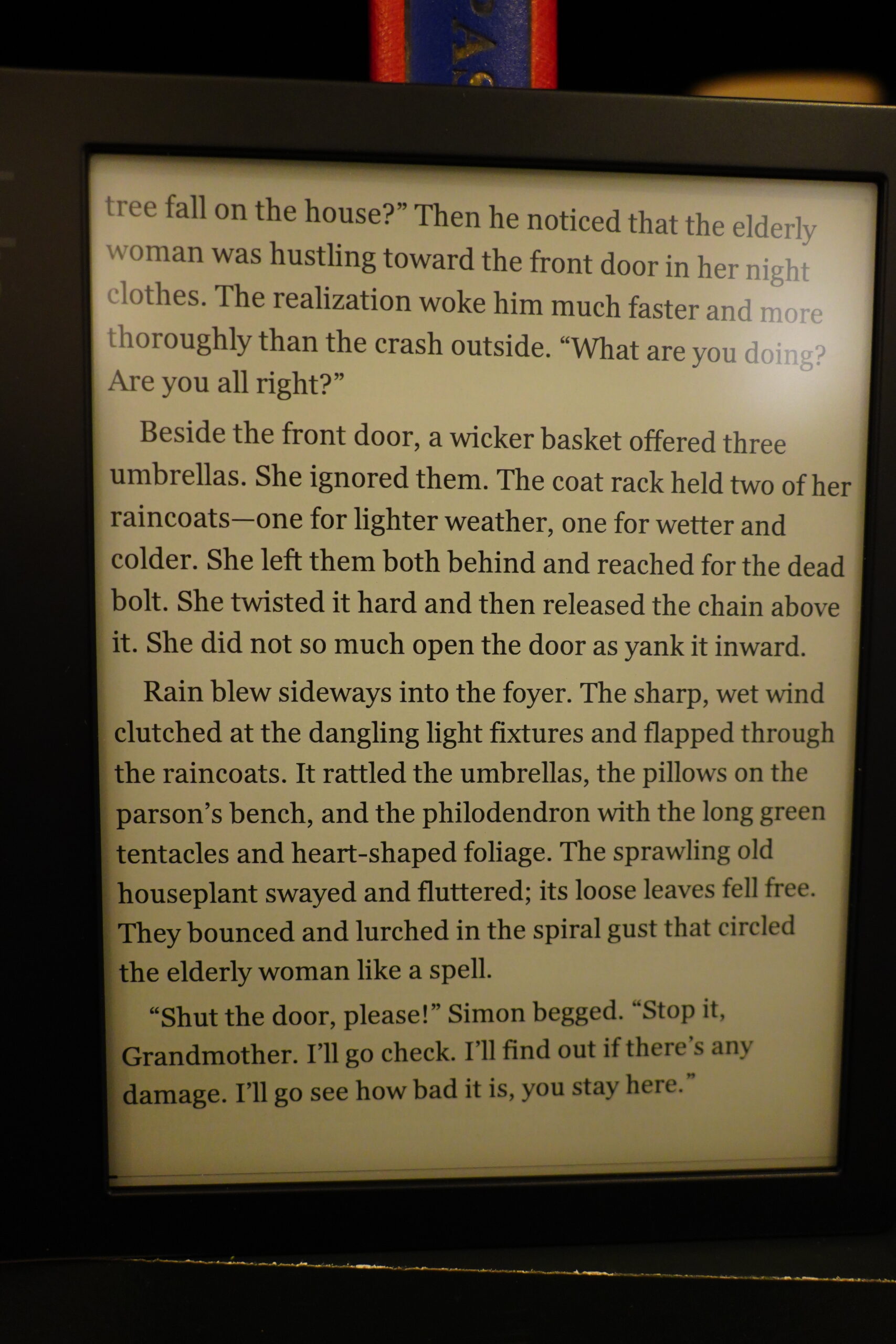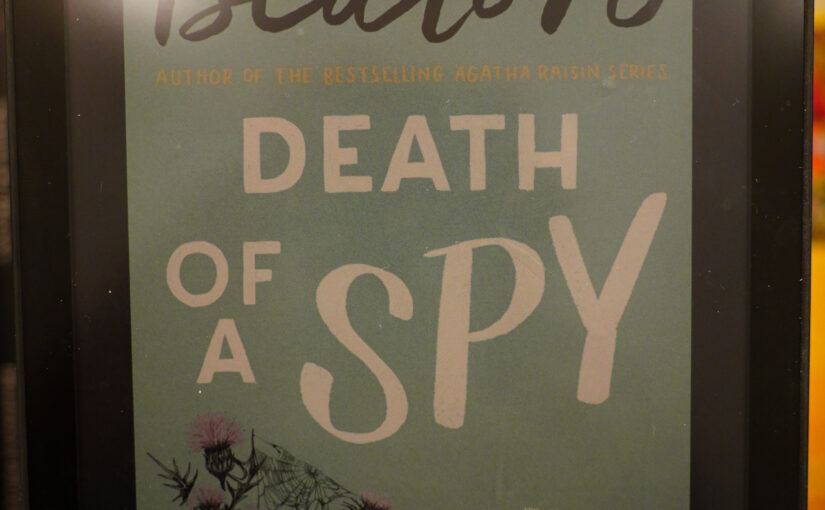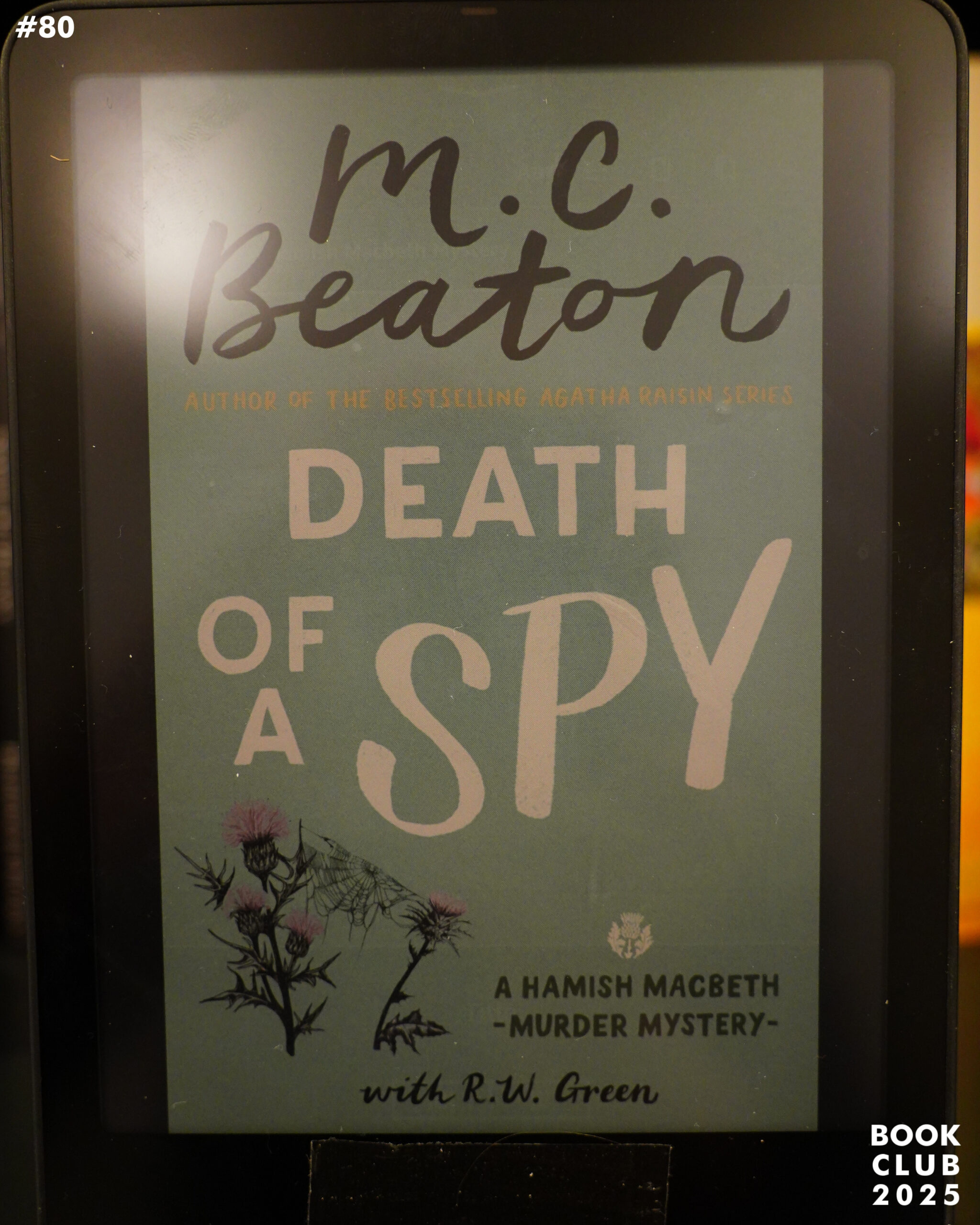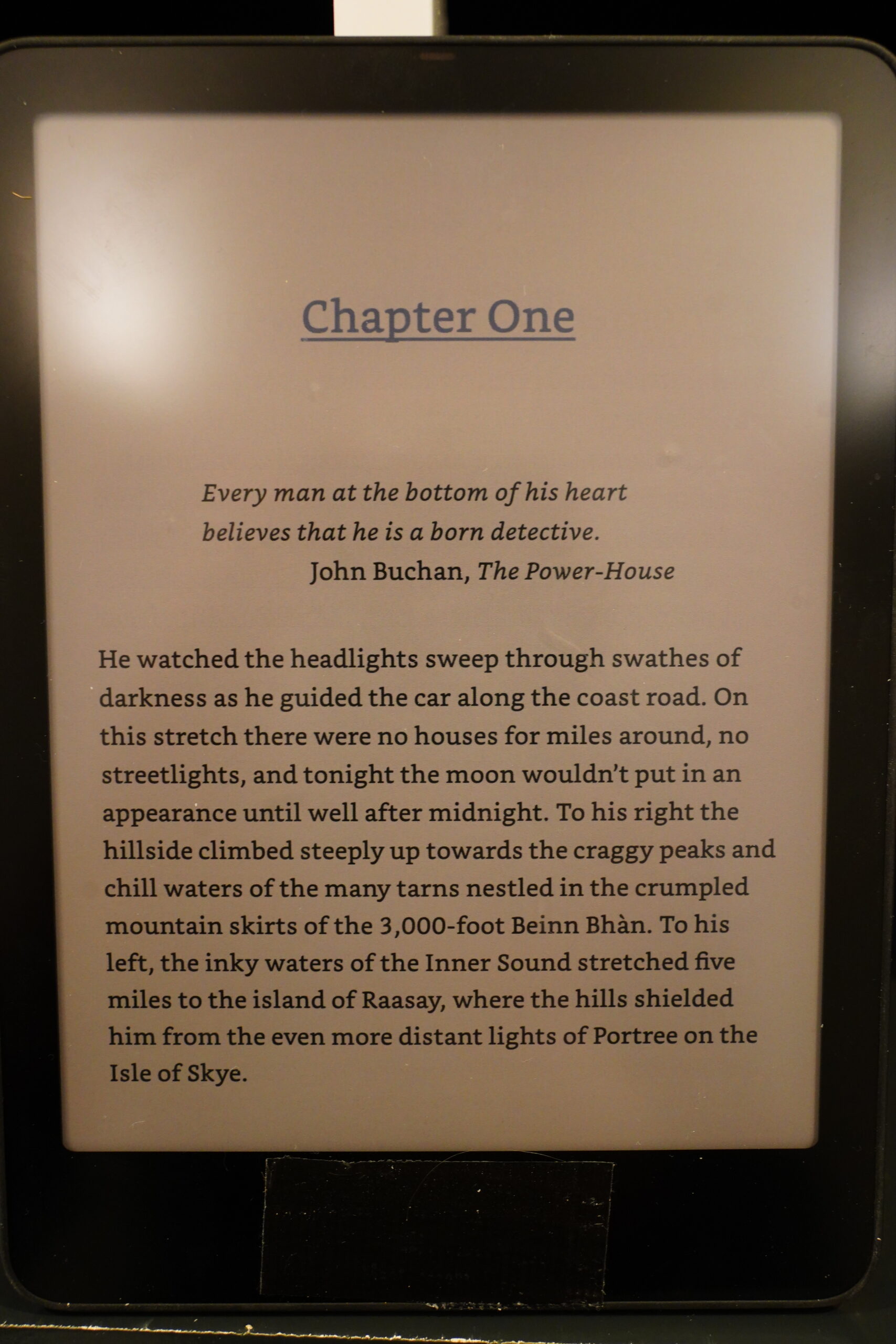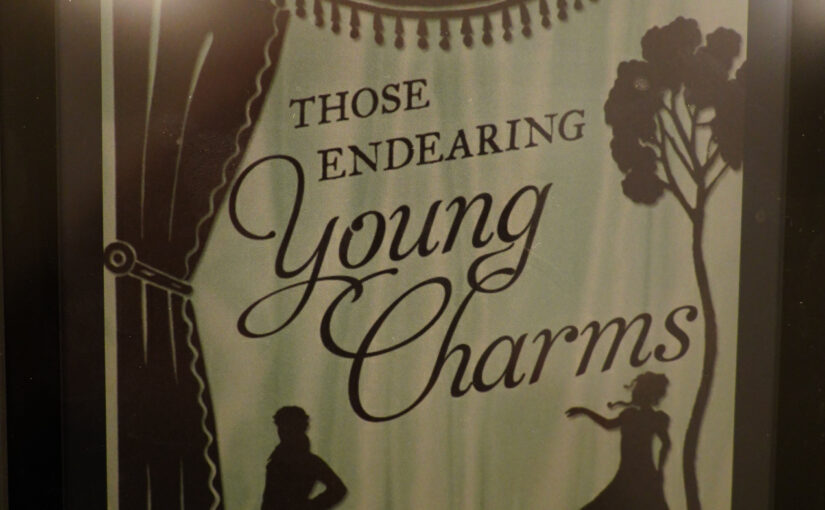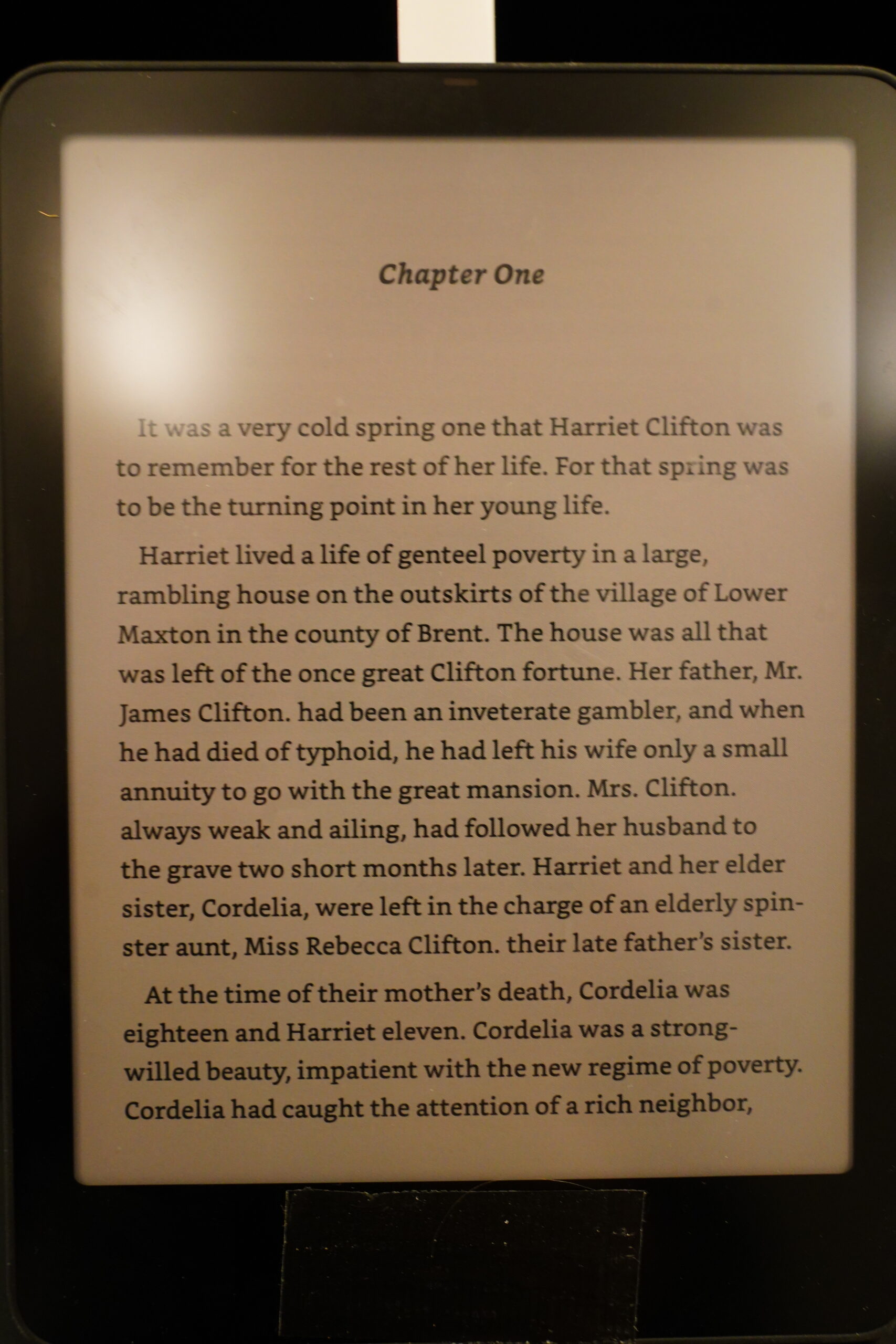
This is the final ebook I read on the recent trip I took — a romance trilogy of sorts.
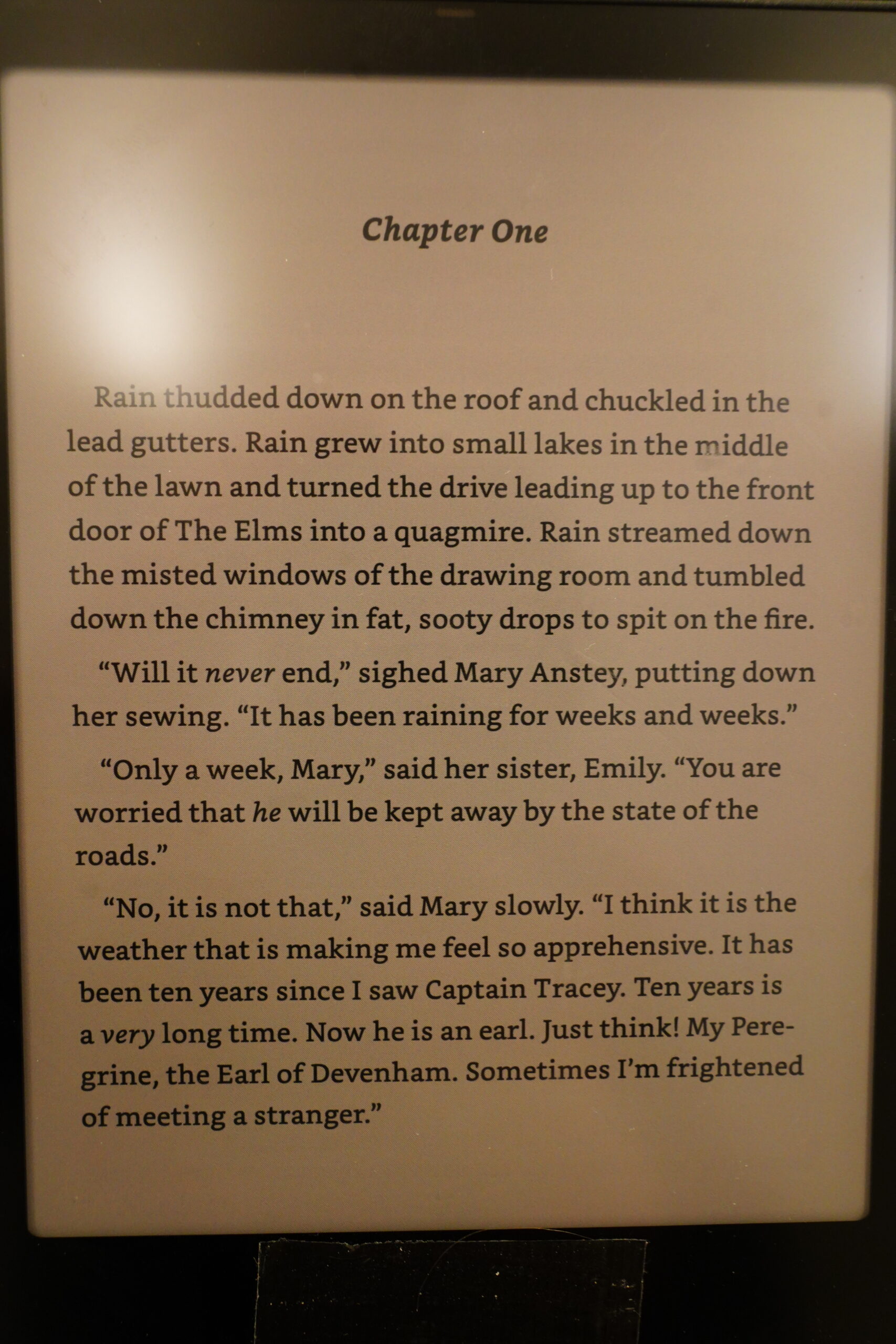
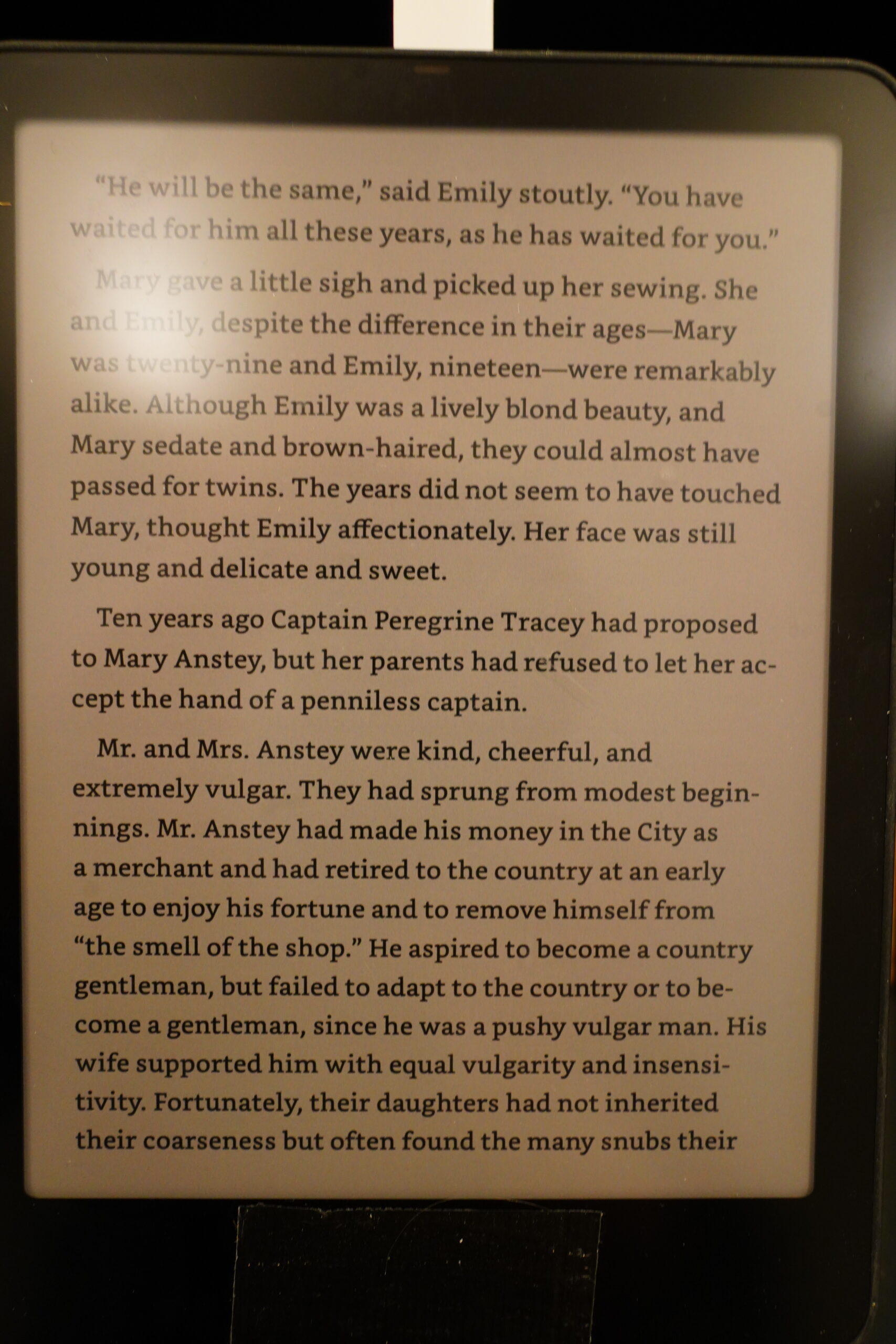
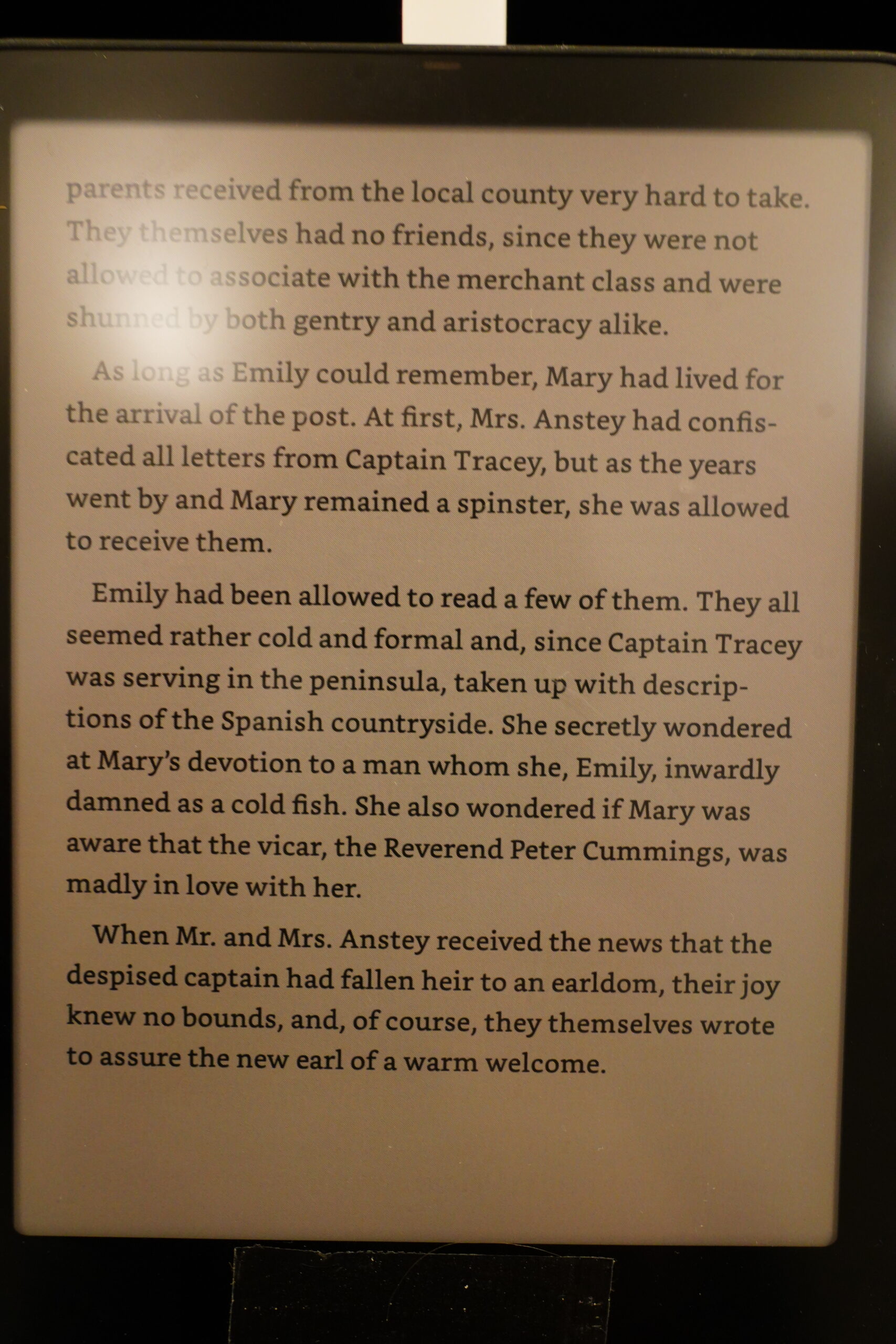
This has the most preposterous plot of them all, and the heroine in this one references a Regency novel with a similar central conceit — but I didn’t check whether that was something Beaton made up or not.
While reading this one, I started thinking about what the charm of these books really are. I mean, they’re not well-structured, and they’re repetetive. Sure, Beaton writes well on a sentence by sentence basis — she has a nice flow — but nothing else really convinces.
I think the charm is that reading these books is the closest you can get to observing somebody daydreaming. You know when you (especially as a teenager) would construct a fantasy world, and then you’d have something fun happen, and then something dramatic, and then something fun again — but you’re not making an effort at a consistent story or anything. You’re just daydreaming.
That’s what these books feel like. Just an inventive mind spinning idly until you have about as many pages as you need to call it a novel.
When it works, it’s very charming. When it doesn’t, it’s excruciating. This one works.
Those Endearing Young Charms (1986) by M. C. Beaton (buy used, 3.58 on Goodreads)
